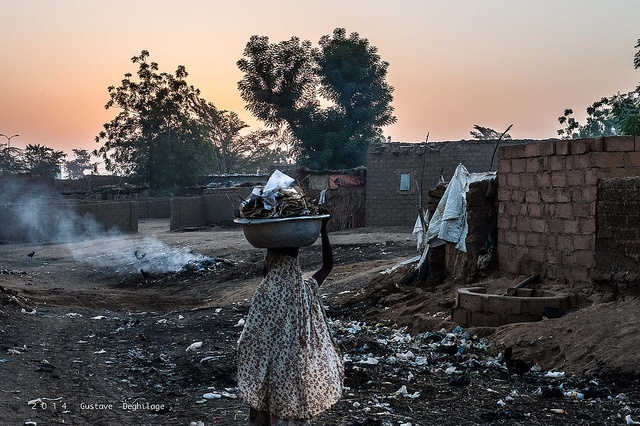Six months ago, the Nigerien government announced it had signed a new contract with AREVA over the country’s uranium production. The contract itself was ten months overdue and the negotiation process had been both difficult and drawn out as the government sought to rebalance their relationship with AREVA and obtain a fair deal for their uranium. For their part, AREVA refused to have the 2006 Mining Code applied to their operations in Niger. Civil society, notably the Publish What You Pay coalition, campaigned hard to ensure that the new contract respect the 2006 mining code and contain a fair deal for the country. When the deal was announced last October, both parties stated that the country’s mining code – with its higher tax rate – had been imposed on AREVA.
Civil society has yet to verify these claims six months on as the contract has yet to be published. This, as PWYP Niger/ROTAB pointed out in their recent press release, is in violation with the country’s constitution which states that extractive contracts must be published.
The situation gets murkier still, as a French court ruled earlier this month that – in the infamous “AREVA gift” case, where the company is to have paid for a Presidential plane – the company was indeed guilty of corruption. AREVA had taken the French NGO, Observatoire Nucléaire, to court for libel when the NGO broke the story – but the French court ruled that ‘morally’ the company had indeed attempted corruption. While the ruling is welcome, it doesn’t leave Nigerien citizens any better off, as no ‘gift’ from AREVA made it to the budget and the details of the uranium deal remain hidden.











